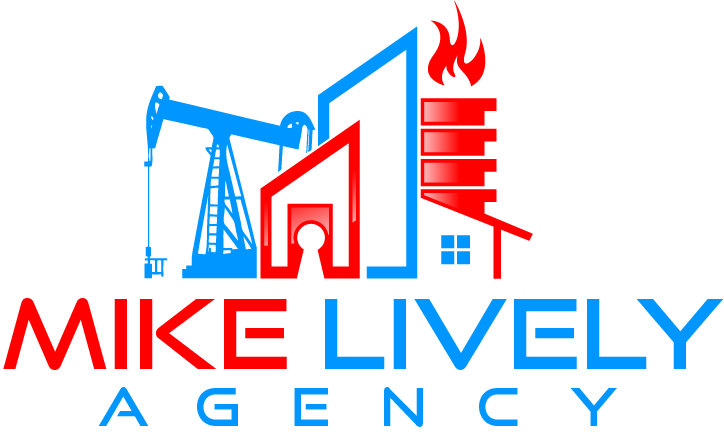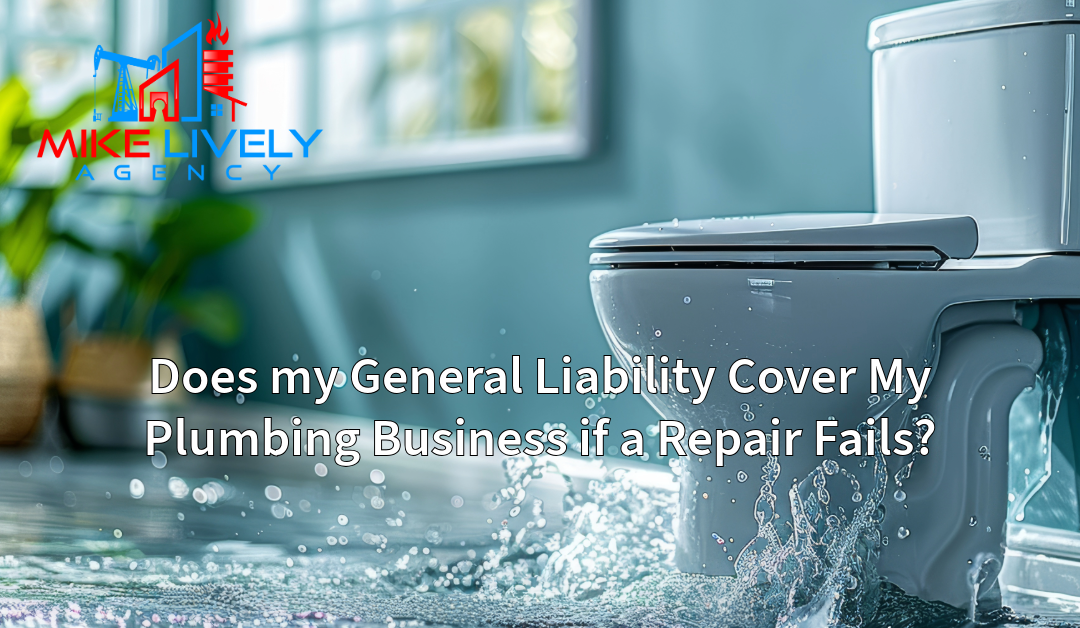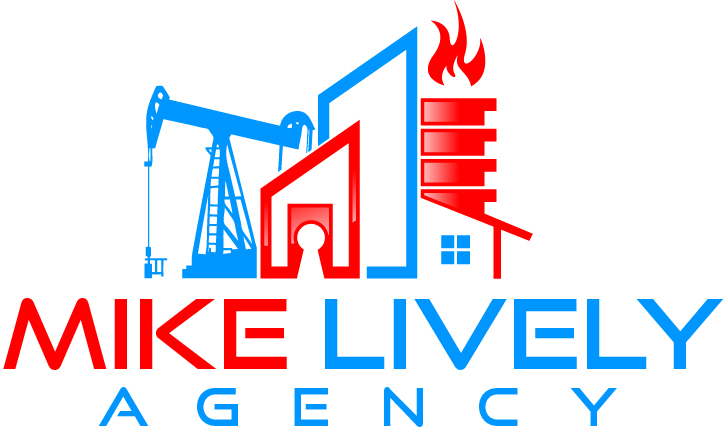Running a plumbing business in Midland-Odessa or anywhere in the Permian Basin involves many challenges, including the potential financial impact of repair failures. One common concern for plumbing contractors is whether general liability insurance will cover damages caused by their work. General liability insurance protects businesses from claims involving bodily injury, property damage, and personal injury. However, understanding the inclusions and exclusions in a policy proves helpful to making sure you properly protect your business. If you wonder “What General Liability for my plumbing business” is for, read on!
This guide explores the core concepts of general liability insurance for plumbing contractors, focusing on the coverage, the exclusions, and how to safeguard your business from potential liabilities that can arise from repair failures.
What Does General Liability Insurance Cover?
General liability insurance offers a vital safety net for plumbing businesses by protecting against various third-party claims. The core areas of coverage typically include:
- Property Damage: Covers the cost of repairs if your plumbing work accidentally causes damage to a client’s property. For example, if a pipe bursts due to a faulty repair and floods a customer’s home, general liability insurance can cover the cost of repairs to the affected property.
- Bodily Injury: Protects your business if a customer or other third party is injured as a result of your plumbing services. This coverage can pay for medical expenses and legal fees if someone sues your business due to an injury sustained on the job site.
- Personal and Advertising Injury: Covers claims related to slander, libel, or damages from your advertising efforts.
- Medical Payments: Provides coverage for medical expenses if someone is injured on your business premises or as a result of your work, regardless of fault.
These coverage areas help protect plumbing businesses from potentially crippling lawsuits and costly repair bills. However, it’s important to note that general liability insurance does not cover every scenario.
What General Liability Insurance Does Not Cover
While general liability insurance is a critical component of a plumbing business’s risk management strategy, it does have limitations. Some common exclusions include:
- Faulty Workmanship: General liability policies typically do not cover the cost of redoing poor or incomplete work. For example, if a plumbing job was performed incorrectly and needs to be fixed, the cost to repair your own work is usually excluded.
- Employee Injuries: Injuries sustained by your employees on the job are not covered under general liability insurance. Instead, these incidents are typically covered by workers’ compensation insurance.
- Intentional Acts: Damages caused by intentional or malicious actions are not covered.
- Commercial Auto Accidents: If you use vehicles for your plumbing business, you will need separate commercial auto insurance, as general liability does not cover accidents involving your vehicles.
- Errors and Omissions: Mistakes made in the professional service or advice you provide (such as incorrect installation or faulty repairs) are not covered by general liability. For this, you would need professional liability insurance, also known as errors and omissions insurance.
Addressing Coverage Gaps with Additional Policies
To make sure you fully protect your plumbing business, consider supplementing your general liability insurance with additional policies that address specific risks. Some options include:
- Professional Liability Insurance (Errors and Omissions Insurance): Protects against claims related to mistakes or negligence in your professional services. This coverage helps if a customer sues you for failing to deliver the expected level of service or for errors that result in financial losses.
- Commercial Auto Insurance: Covers vehicles used in your business operations, providing protection in the event of accidents, vehicle damage, or liability claims.
- Workers’ Compensation Insurance: Provides coverage for employee injuries sustained on the job, covering medical expenses and a portion of lost wages.
- Commercial Property Insurance: Protects your business’s physical assets, including buildings, tools, and equipment, against losses from fire, theft, or natural disasters.
- Umbrella Insurance: Offers additional liability coverage beyond the limits of your existing policies, providing extra financial protection in the event of a large claim.
By carefully considering these additional insurance options, plumbing contractors can build a comprehensive risk management strategy that protects their business from all angles.
How Faulty Workmanship Impacts Coverage
Faulty workmanship refers to poor or inadequate work that does not meet the required standards. In the plumbing industry, this could involve improper installation of pipes, incorrect repairs, or the use of substandard materials. Understanding how this affects your insurance coverage is crucial.
While general liability insurance typically does not cover the cost of repairing your own faulty work, it may cover consequential damages. For example, if a faulty repair leads to water damage in a customer’s home, the policy may cover the water damage , even though it doesn’t cover the cost of fixing the original plumbing error.
Real-World Examples of Insurance Coverage in Action
Understanding how insurance works in real-world scenarios can help plumbing contractors see the value of having the right coverage in place. Here are a few examples:
- Example 1: Water Damage from a Failed Repair A plumber repairs a leaking pipe in a customer’s home, but the repair fails, and the pipe bursts again, causing significant water damage to the property. The general liability insurance covers the water damage to the customer’s home, but the plumber is responsible for the cost of redoing the repair.
- Example 2: Bodily Injury on the Job Site A customer slips on a wet floor in a plumber’s office and sustains a serious injury. The general liability policy covers the customer’s medical expenses and any legal fees associated with the incident.
- Example 3: Faulty Installation Leading to Property Damage A plumbing contractor installs a new water heater in a commercial building. However, due to improper installation, the water heater malfunctions, causing flooding and property damage. The general liability insurance covers the resulting property damage but does not pay for the cost of re-installing the water heater correctly.
These examples demonstrate the importance of having comprehensive insurance coverage that addresses both direct and indirect consequences of repair failures.
The Importance of Choosing the Right Deductible
Choosing the right deductible for your general liability insurance policy is another crucial aspect of managing your business’s risks. A deductible is the amount you must pay out of pocket before your insurance coverage kicks in. Higher deductibles typically result in lower insurance premiums, but they increase the amount you’ll need to pay upfront when filing a claim.
Plumbing contractors should assess their financial capacity and risk tolerance when selecting a deductible. For example, a small business with limited cash flow might prefer a lower deductible to reduce the financial burden in the event of a claim. On the other hand, a larger business with more reserves might choose a higher deductible to save on insurance premiums.
Here to Help the Permian Basin!
For plumbing contractors, understanding the scope and limitations of general liability insurance is vital for protecting your business from the financial consequences of repair failures, property damage claims, and bodily injury lawsuits. While general liability insurance covers many common risks, it’s wise to recognize its exclusions and consider additional coverage options, such as professional liability, commercial auto, and workers’ compensation insurance, to fully safeguard your operations.
By working closely with an insurance agent who understands the unique challenges of the plumbing industry, you can build a comprehensive insurance plan that meets your business’s needs and provides the peace of mind that comes with knowing you have proper protection.
At the Mike Lively Agency, we understand the unique challenges contractors face in the Midland-Odessa and Permian Basin regions. Our experienced team commits to providing comprehensive insurance solutions tailored to the specific needs of your business. Whether you need worker’s compensation coverage, general liability insurance, or commercial auto insurance, we’re here to help you navigate the complexities of insurance and find the best protection for your operations. Contact us today to learn more about our services and how we can assist you in safeguarding your business and ensuring its continued success.


